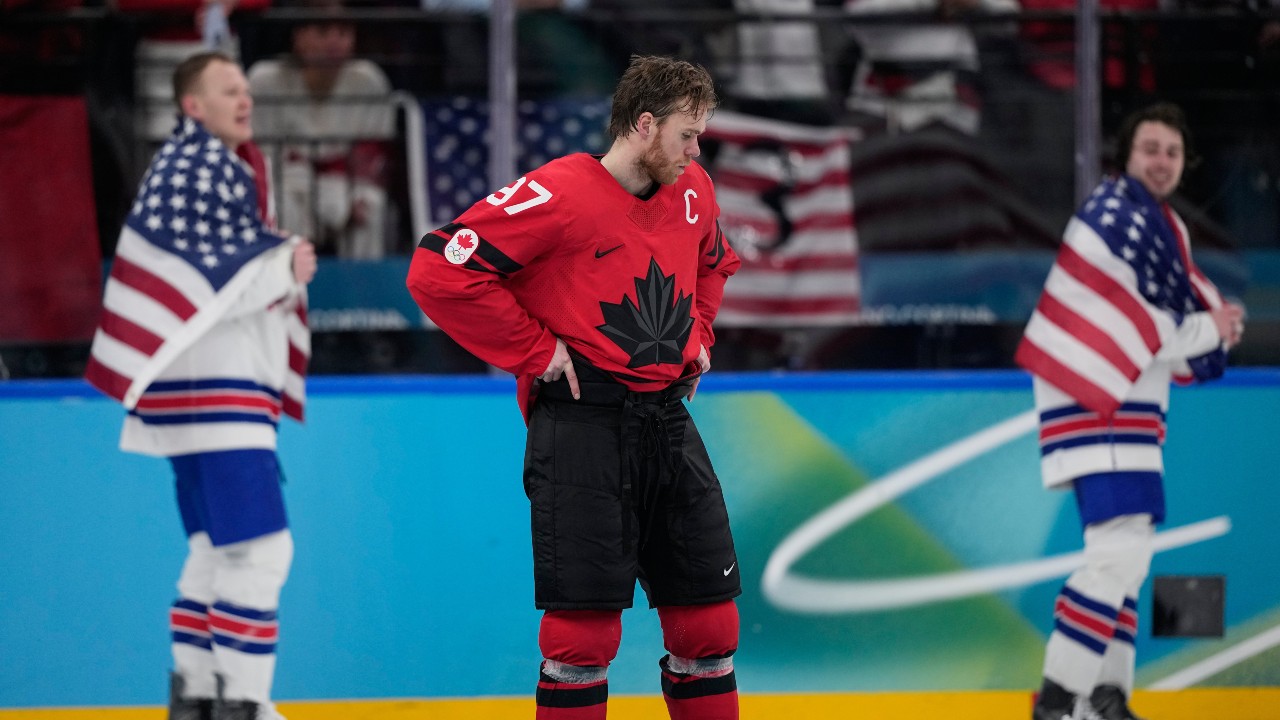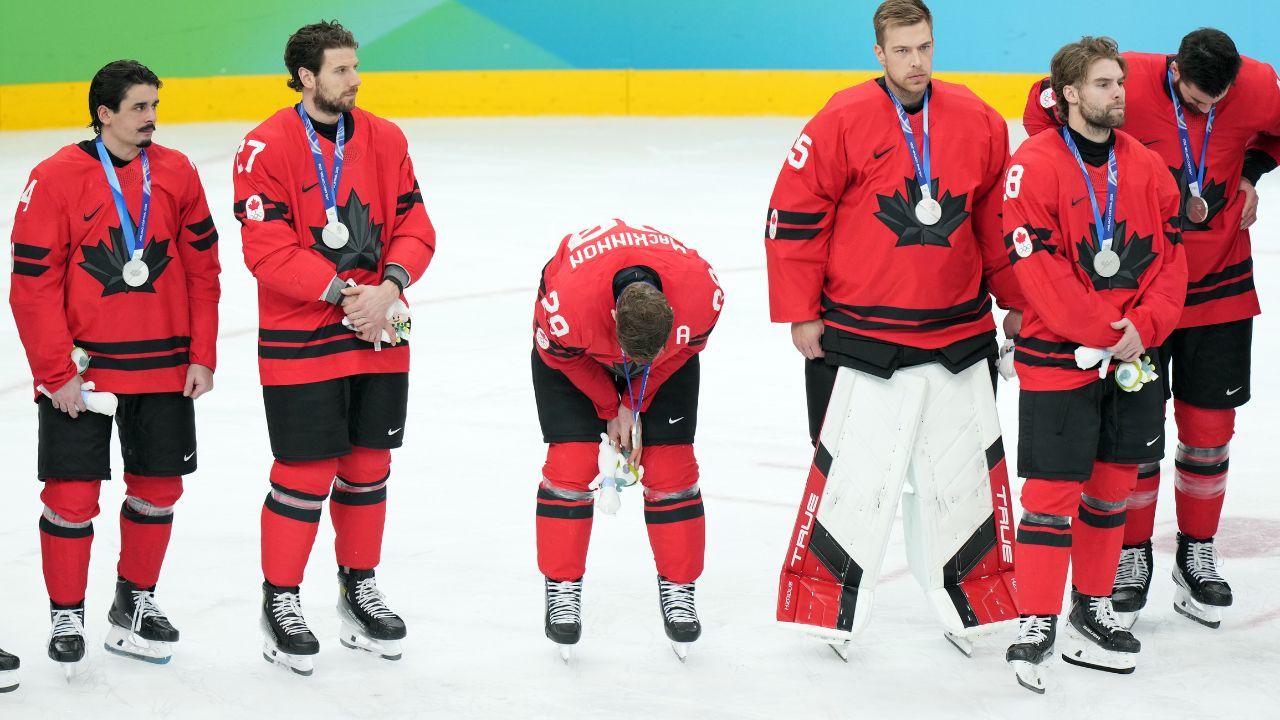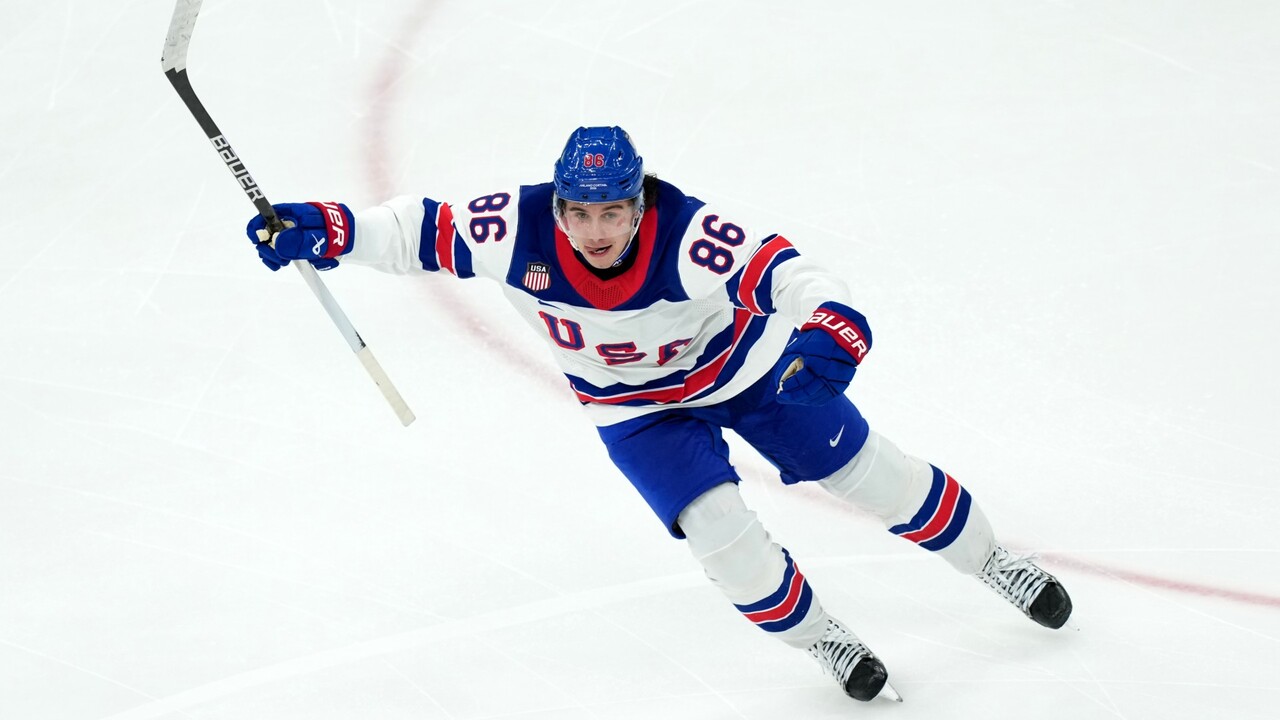
Athletes helps their schools raise billions of dollars in revenue and never see a single cent. It is an issue at the forefront of many of their minds
On 30 January, Rutgers basketball player Geo Baker wrote on Instagram in response to a post by US college sports’ governing body, the NCAA: “I have to sign a paper that says my name and likeness belongs to the school. Modern day slavery. u realize we are playing in a pandemic being told to stay away from everyone we love just for y’all entertainment but i can’t sell my own jersey with my last name on it to help my future financially. That makes sense to u?” In invoking “slavery” and linking it to both the denial of economic rights for US college athletes – or, to call them what they really are, campus athletic workers – and the ongoing requirement of play during a pandemic, Baker highlights one of the ugliest dimensions of the college sport industrial complex: the disproportionately racialized nature of its exploitative dynamics.
This week marks the start of the biggest event on the college sports calendar, the NCAA Basketball Tournament. And for those unfamiliar with the absurdist world of US college sports, it is big business. Like, really big business, particularly in the elite Power Five conferences. How big? In the 2018-2019 academic year, the 65 Power Five universities generated $8.3bn through athletics. Yet, aside from scholarships, players don’t see any of that money directly. If players did receive a share, economist David Berri has calculated that men’s basketball players at an elite Power Five school like Duke would receive between $145,000 and $4.13m per year. And, here’s the thing: an extremely high proportion of the players being systematically denied the revenue they are responsible for generating are Black.
Related: A ruthlessly exploitative college football season finally draws to a close
Related: John Chaney used sport to fulfill a greater mission: giving hope to the disadvantaged
Some names of interviewees have been changed
Nathan Kalman-Lamb, Derek Silva, and Johanna Mellis are co-hosts of The End Of Sport podcast.




